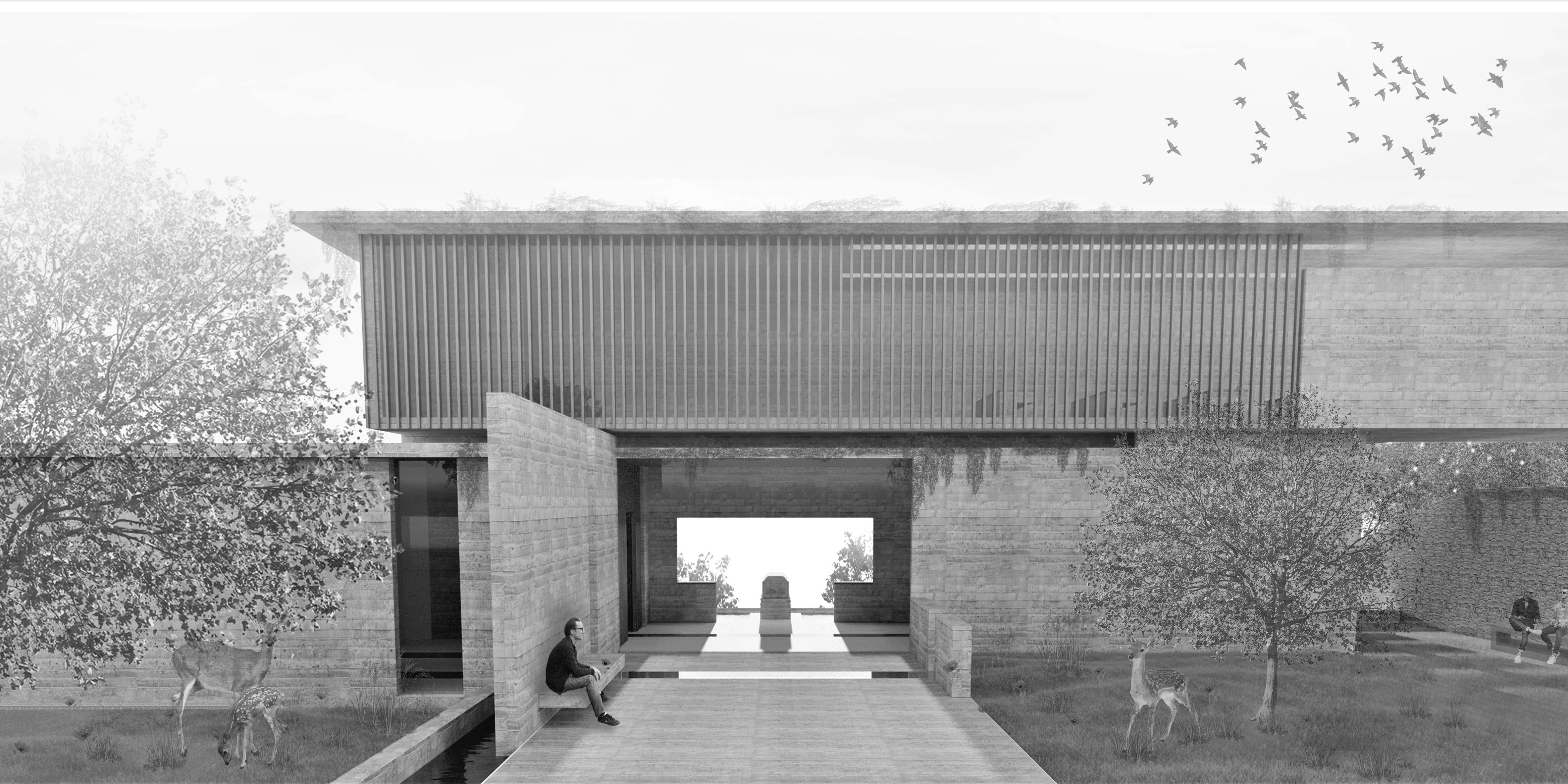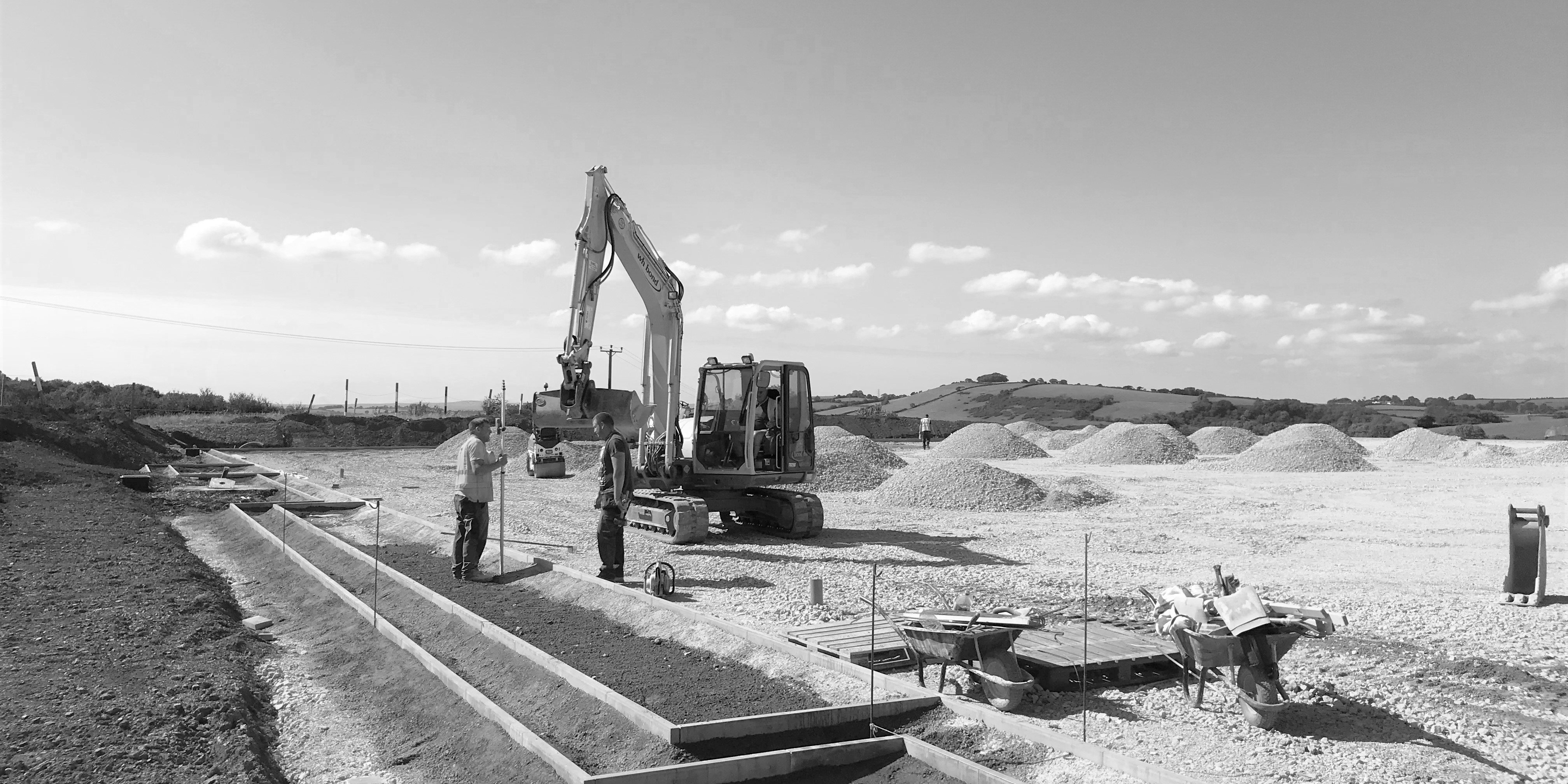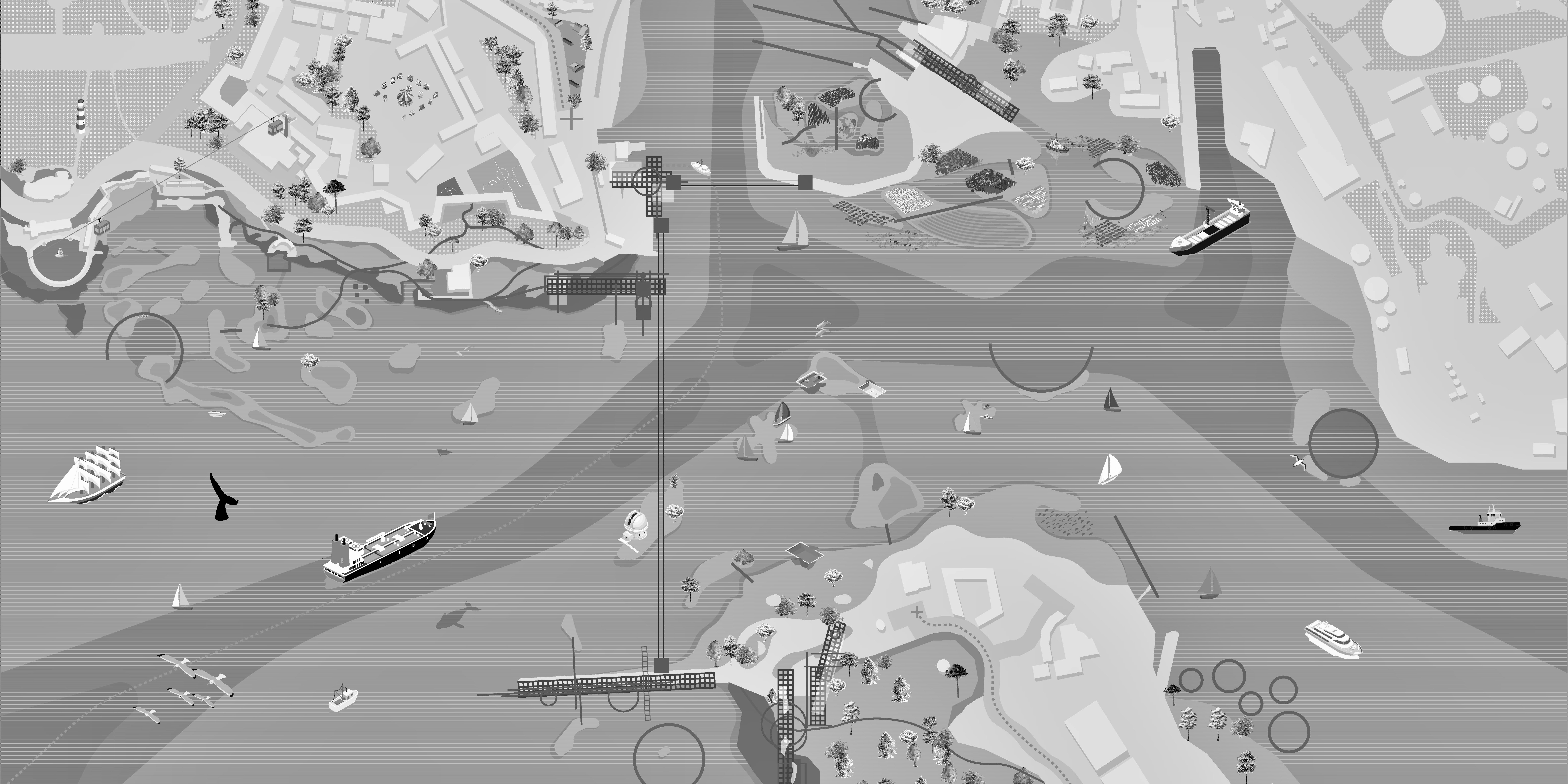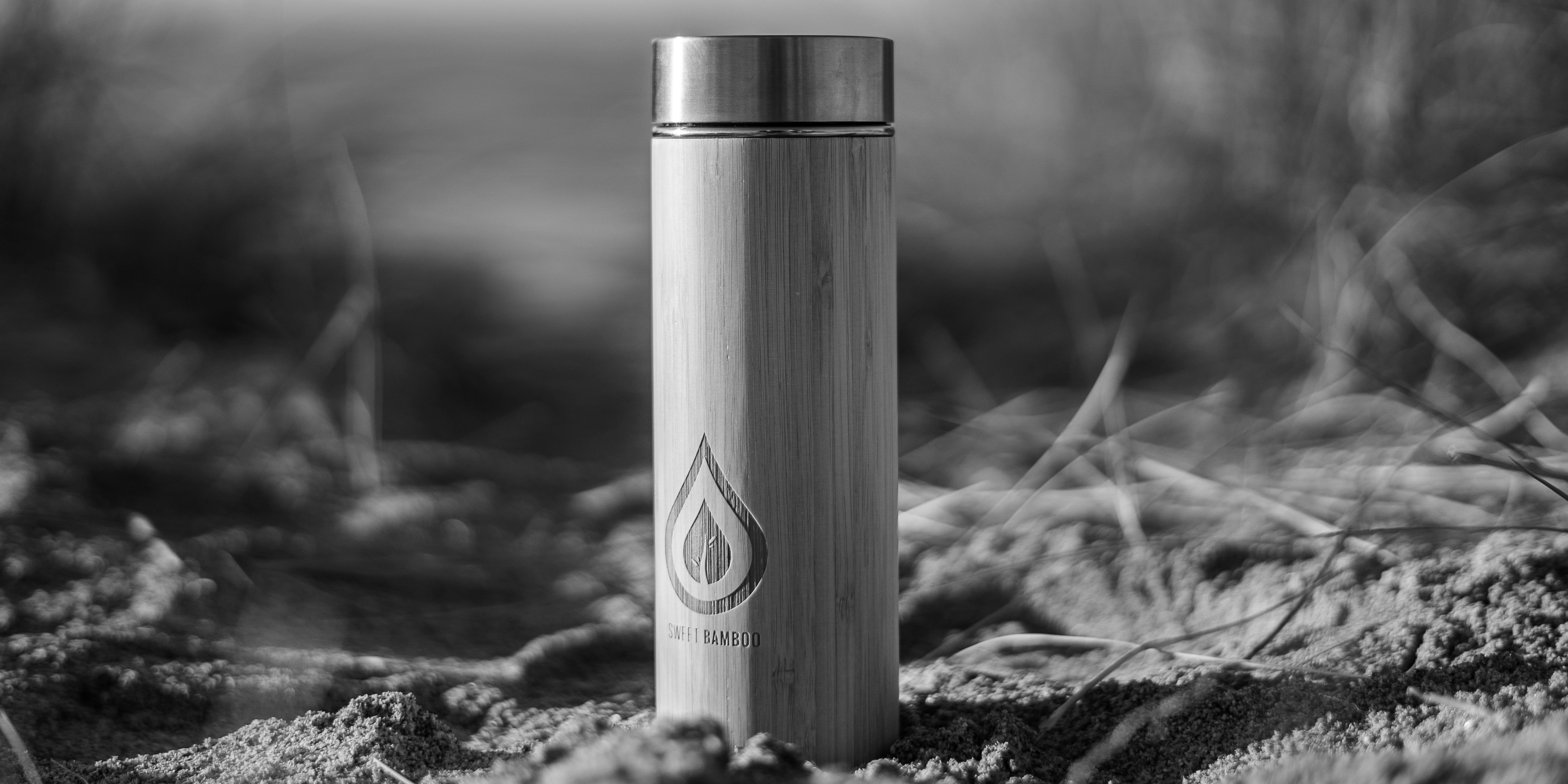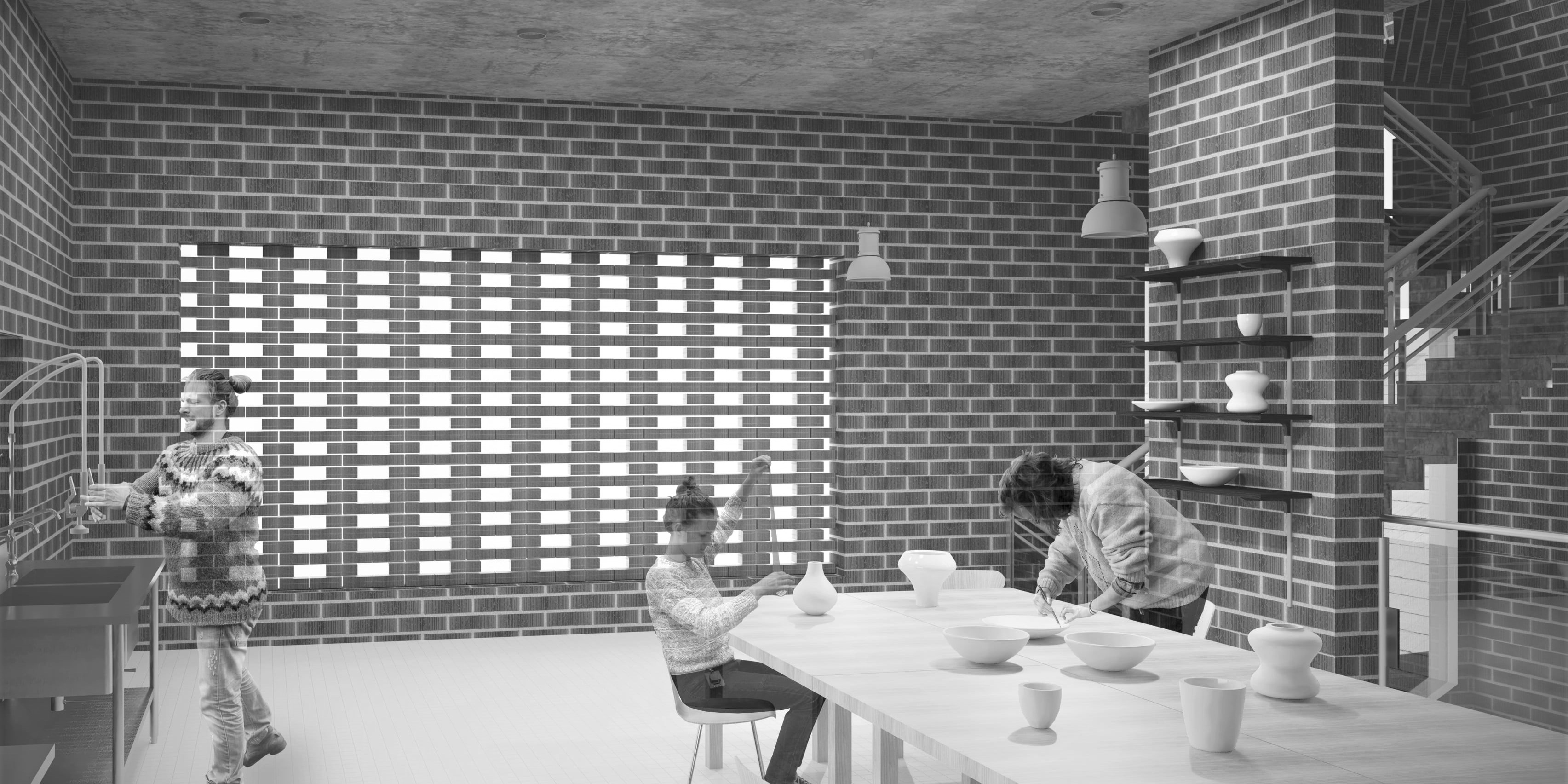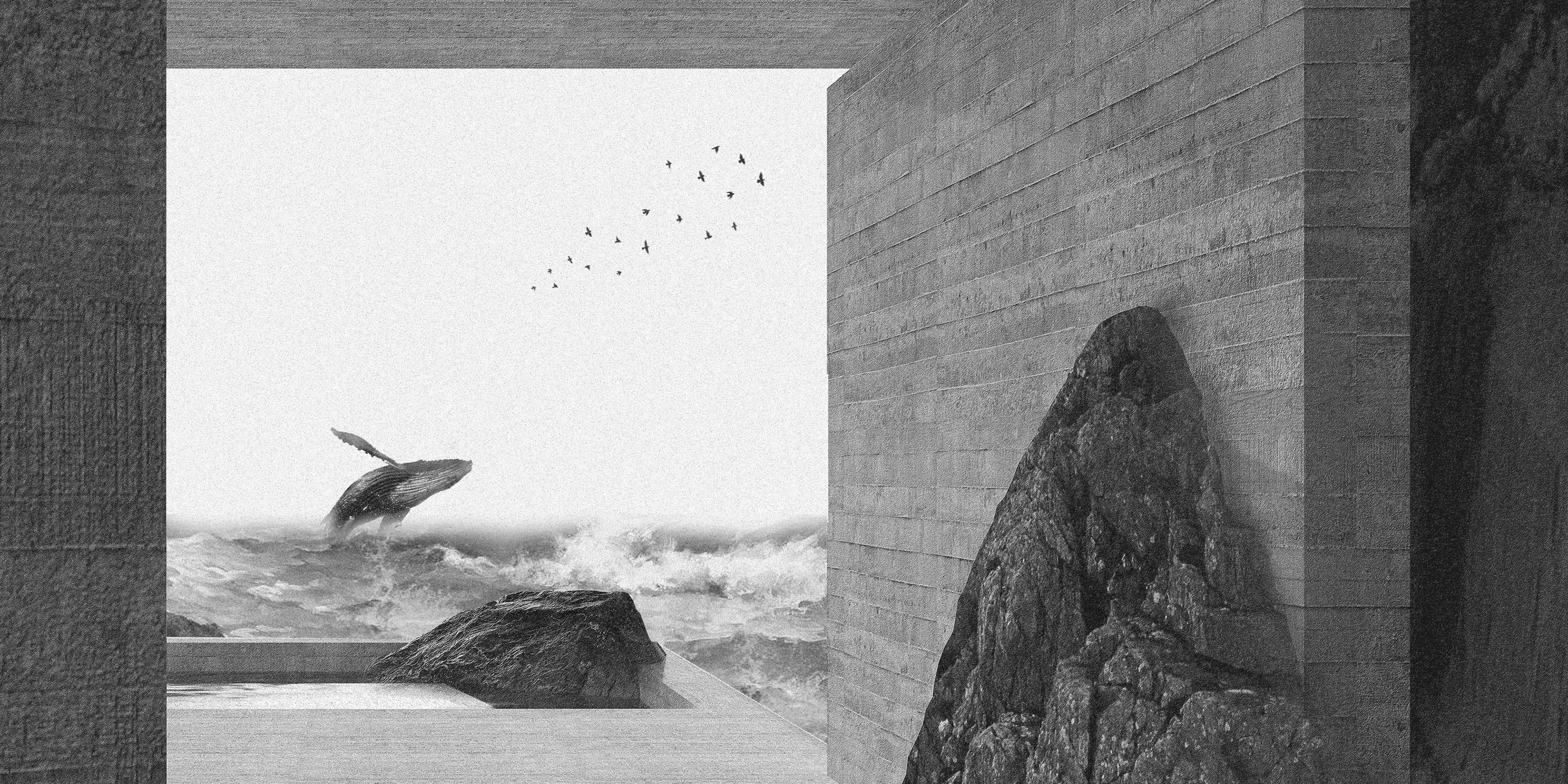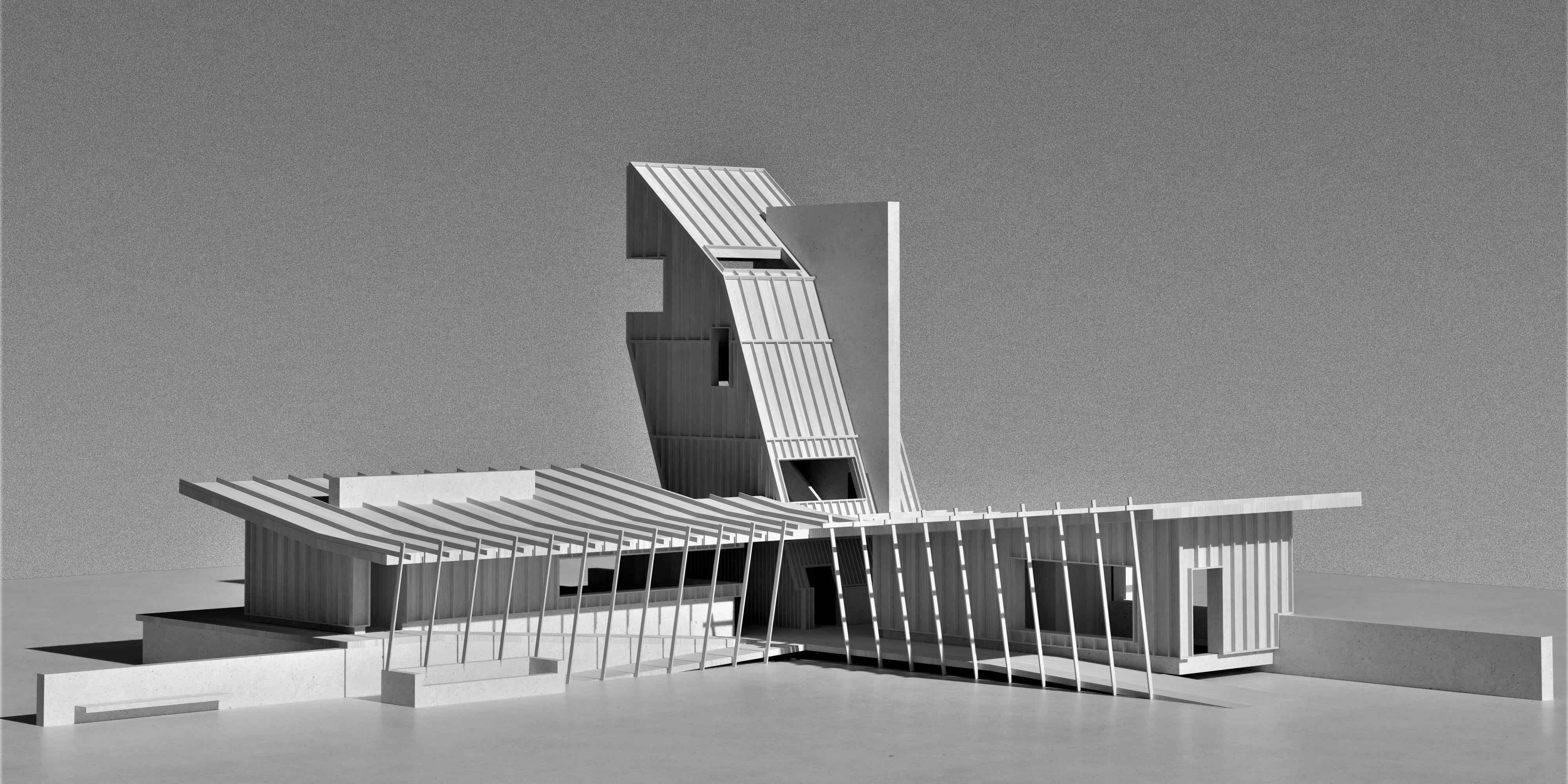Death in the social, civic everyday
As the human population grows, cities around the world are running out of cemetery space. Cremation is only adding to the pollution that is already releasing toxins into our air. The notion of death being of an uncelebrated status amongst everyday life, particularly in the UK.
As we are all aware, the current pandemic of Covid-19 is causing the need for unprecedented measures to be taken across the world, with the death toll rising by the thousands everyday. In the UK, temporary morgues are having to be set up around the country, along with the government rules turning traditional funeral practices on their head. With limited options for current solutions, it can be said the need for innovative, ecologically progressive and socially-conscious funerary processes that are intertwined with everyday life is of paramount.
Past, present and future
The proposal stems from an overarching framework narrative of a Palimpsest, where the site is showing traces of history somehow whitewashed. Rooted analysis into St Peters Church, ‘No Place’ Naval Memorial and the former Royal Naval Hospital shown there was once a proud reliance between these three somewhat sites of nurture in the war cause.
A proposed processional route from St Peters Church, through the currently forgotten ‘No Place’ naval memorial, leads to this destination proposal that takes a poetic and innovative notion of cemetery.
A responsible alternative
Disposition occurs within discrete Anaerobic Bioconversion Vessels — utilizing microbial methanogenesis to break down organic matter — distilling the corpse to its basic chemical and biological components. Energy, in the form of light, will be produced through the generation of methane via anaerobic carbon cycling. Small amounts of remaining organic compounds provide nutrients for plant growth, while inert inorganic content will be suitable as a memento, equivalent to memorial cremains.
Life flourishes
The project includes a small chapel, situating at the destination of a delicate water channel from St Peters church. The multiuse chapel entails a flower bed, maintained by the church schools and community groups, allowing an essence of growth and life to be picked from and placed upon either a personal memorial, or even placed upon the naval memorial admits of particular military remembrance days.
future hope
In future ambition, throughout a fresh woodland of trees in Victoria Park, a network of body memorial vessels can be implemented, where by decomposed matter from the body is exchanged into sustainable energy, taking the form of a soft glowing luminescence transferred through an elegant aluminium prop into the canopy of the trees. This challenges the current outdated and damaging funerary processes by bringing together ecological resiliency and sensitive remembrance on both social and intimate levels.
